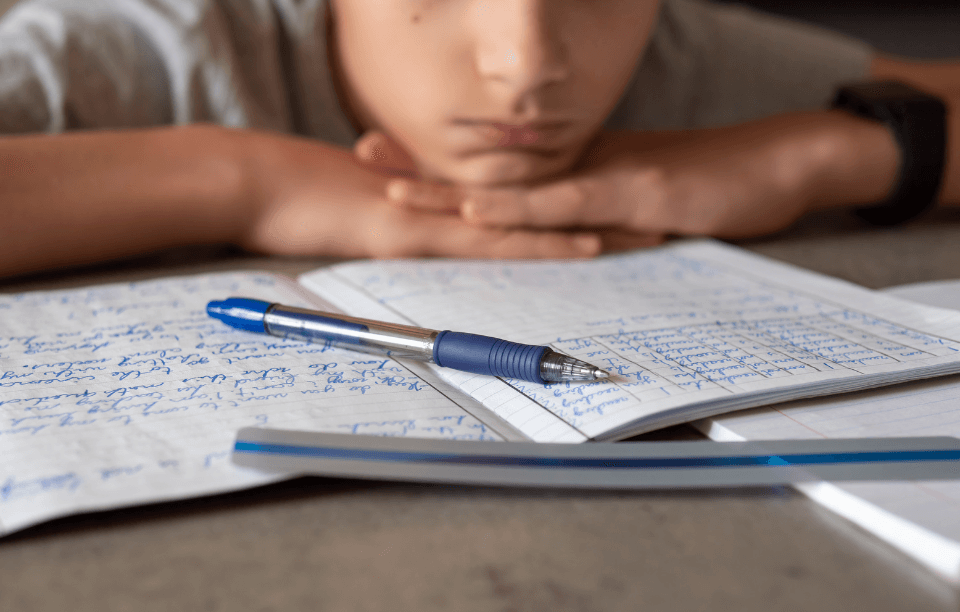
More than 2 million students across the country have been diagnosed with several learning disabilities such as Dyslexia & Dyscalculia. These conditions pose barriers to a child’s academic growth as well as development on a mental and emotional level. Families situated in New York need to be educated about these conditions and how to implement effective strategies both at home and at school so that children can succeed.
A learning impairment that primarily affects one’s ability to read, write or understand language is called dyslexia. If a child suffers from this condition, it is normal for him/her to have difficulties in decoding written words, knowing their meanings and understanding the relation between sounds and letters. However, the scope of dyslexia is not only restricted to reading. Children having this disorder can have problems in other areas as well which include:
While the exact cause of dyslexia remains unknown, research points to genetic factors, brain structure, and how the brain processes language. Societal perceptions mistreat dyslexics by calling them bone idle and slow learners, which is not at all the case. On the contrary, the children possess astonishing creativity and impressive problem-solving skills.
One of the least known amongst the Learning Disabilities, dyscalculia is a condition where a child has issues understanding numbers, the concepts of quantity, and most importantly the use of maths. Children who have dyscalculia experience the following difficulties: They may, however, encounter the following challenges:
Dyscalculia is inherent in a person just like any other condition, it is not a result of lack of ambition or hard work. Sadly, for children with dyslexia, there is a lack of directly related dyscalculia educational programs since this condition has nothing in common with ameliorating methods of literacy.
A thorough assessment, arranged via the educational framework or done independently, is important in determining a child’s difficulties and abilities. Such evaluations usually comprise of professionals in the practice, including educational and speech and occupational therapists. The outcomes offer insight into the child and serve to influence the preparation of individual education programs (IEPs) or 504 Plans in schools.
Building Confidence Through a Growth Mindset
The learning disabilities of dyslexia and dyscalculia affect a child’s self image and sense of self confidence. Children may be discouraged or feel they perform worse than their peers. This is where it is important to encourage change and look at their struggles as an opportunity to develop oneself. Looking at changing one’s attitude towards struggle or challenges to growth means focusing on trying hard, never giving up, and learning from one’s failures which ensures that the child has a positive image of self and more importantly a belief that they can succeed.
Some suggestions that could nurture the growth mindset include the following:
Creating a Supportive Community in New York
In the city of New York, families are able to avail themselves of an assortment of services and professionals that specifically deal with learning disabilities such as dyslexia and dyscalculia. There is organizational support, educational support groups, and educational centers that help provide parents and teachers with resources such as clinics, workshops, and lobbying. These elements help guarantee that the child receives the necessary measures to further their progression both academically and socially.
The Advanced Psychology Institute in New York is dedicated to assisting children with learning disabilities, including dyslexia and dyscalculia. We believe that with proper early intervention, tailored strategies, and mental encouragement, all children can reach their full potential. Our goal is to create an environment where children are celebrated for their unique strengths while receiving the support they need to overcome challenges associated with dyslexia and dyscalculia.
Request Your Online Consultation
(201) 497-0289

DISCLAIMER: The health info on this site is provided as an information resource only. It is not to be used or relied on for any diagnostic or treatment purposes. It is not a substitute for professional diagnosis and treatment. Consult our mental health providers before making any medical decisions.
Copyright © 2024 | All Rights Reserved | Created By Invisio Solutions Ltd